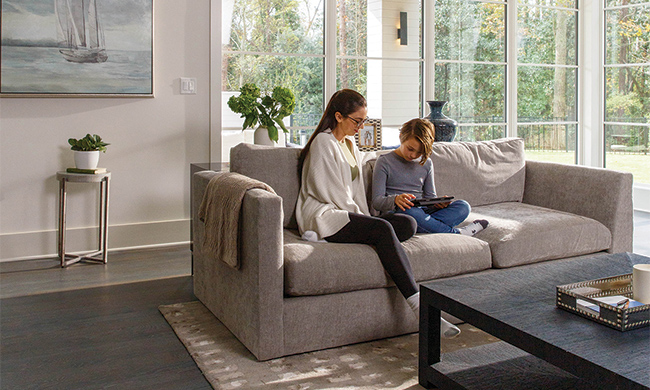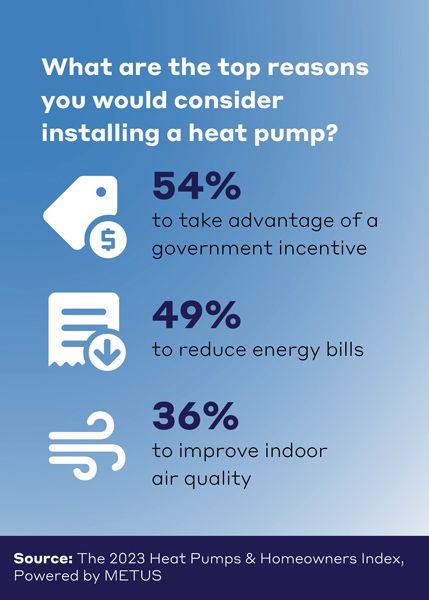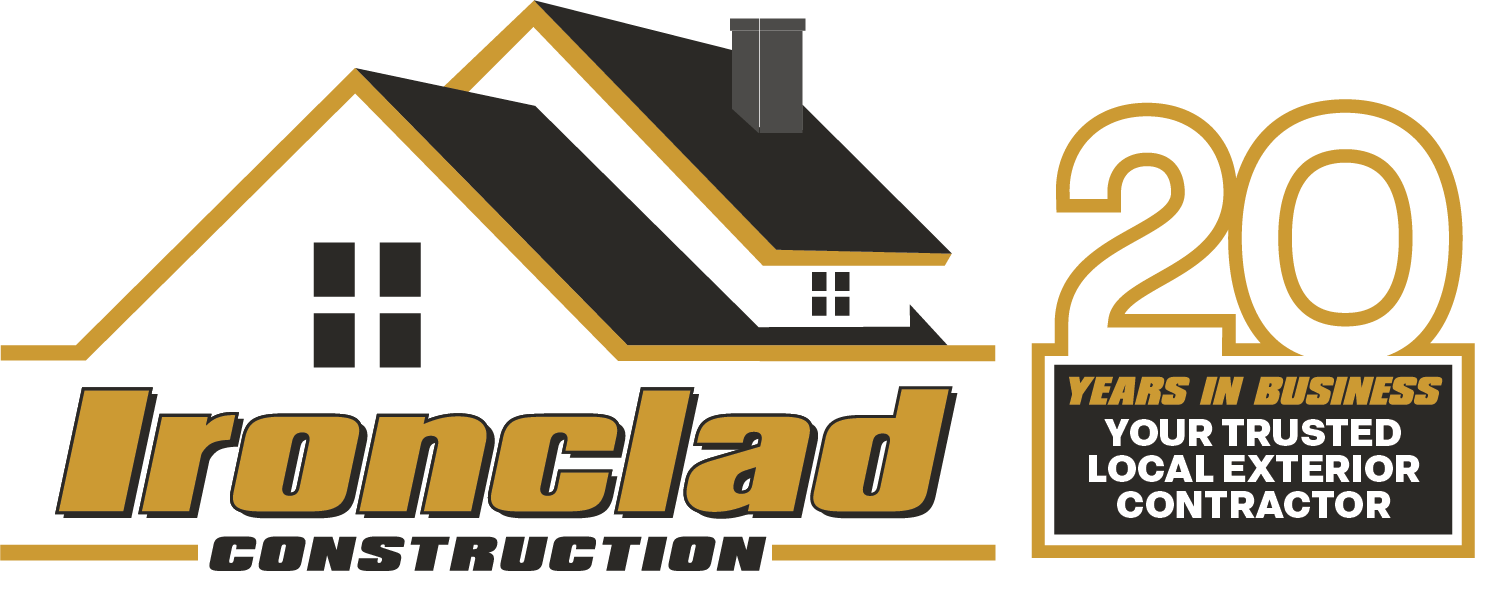7 Ways to Reduce Home Energy Costs

(Family Features) When building your budget, utility bills – especially the electric bill – are likely one of your largest monthly expenditures. One of the biggest culprits: home heating and cooling, which account for more than half of the average American household’s annual energy consumption, according to estimates from the Energy Information Administration.
In fact, 83% of homeowners are concerned about the impact of energy bills on their household budgets, according to a survey conducted by Mitsubishi Electric Trane HVAC US (METUS), with 54% saying it cost “somewhat more” or “much more” to heat their homes this winter compared to last year.
To help dial down your energy costs, consider these tips from the heating and cooling experts at METUS.

Adjust the Temperature
While you’re sleeping or away from home, adjust your thermostat up 5-10 F in the summer or down 5-10 F in the winter, which can help lower annual heating and cooling costs if done consistently. A smart thermostat can monitor your energy use and behaviors then automatically adjust to make your home more energy efficient.
Look for Incentives and Rebates
Qualified homeowners may be eligible to save money on qualified home energy improvement projects. The Inflation Reduction Act of 2022 (IRA) offers tax credits and rebates, including a credit of 30% (up to $2,000) for qualifying heat pump installation, an energy-efficient option to replace fossil fuel-burning furnaces. Other incentives under the IRA include offsetting costs of electrical panel upgrades and rebates for homes with energy usage reductions of 20% or more.
Switch to a Heat Pump
Among survey respondents, 54% ranked government incentives like the IRA as one of the top reasons they would consider installing a heat pump to replace a traditional air conditioner. Options like Mitsubishi Electric’s all-climate heat pumps use two units – an exterior heat pump, which replaces your existing air conditioning condenser, and an interior unit installed on your furnace – to deliver cost-effective, eco-efficient, year-round heating and cooling. These smart systems not only improve air conditioning efficiency on hot days, but also determine the best source of heat (gas or electricity) on cold days, so your HVAC system is always running at peak efficiency and comfort.
Have HVAC Systems Serviced Regularly
For best performance and efficiency, regular maintenance of your heating and cooling system is imperative. Keeping outdoor units free of debris and changing air filters are tasks most homeowners can handle on their own but bringing in a professional – usually in the spring and fall – can help ensure your HVAC system and all its components, including electrical and ductwork, are functioning properly.
Improve Your Insulation
Poorly insulated attics, walls, ceilings, floors and crawl spaces can lead to energy waste and increase costs by requiring more energy to heat or cool your home. Because air can escape through these spaces when your HVAC system pushes air through your home, adding insulation can help reduce losses and keep your home more comfortable.
Use Appliances During Non-Peak Hours
Rather than using your oven, stove or clothes dryer from noon-6 p.m., peak time for many electricity providers, consider doing so in the morning or later at night. Using these appliances outside of the peak timeframe, when conventional heating and cooling systems are often running full bore, can help lower energy costs. Some utilities may also offer plans that incentivize limiting energy use during peak hours.
Think Multi-Zone
Consider upgrading to an all-climate, multi-zone heat pump, which can seamlessly connect to multiple indoor units, revolutionizing the way you experience comfort in your home. By eliminating problematic hot and cold spots in your home, this system ensures personalized comfort tailored to individual zones and optimizes energy usage by directing it only to the areas requiring heating or cooling. Replacing an outdated HVAC system with a multi-zone solution can also help achieve cost and energy savings. By efficiently managing temperature in different zones, you can experience improved energy efficiency, resulting in a more sustainable and economical solution for heating and cooling.
Find more solutions for improving your home’s efficiency and increasing energy savings at MitsubishiComfort.com.
Mitsubishi Electric







